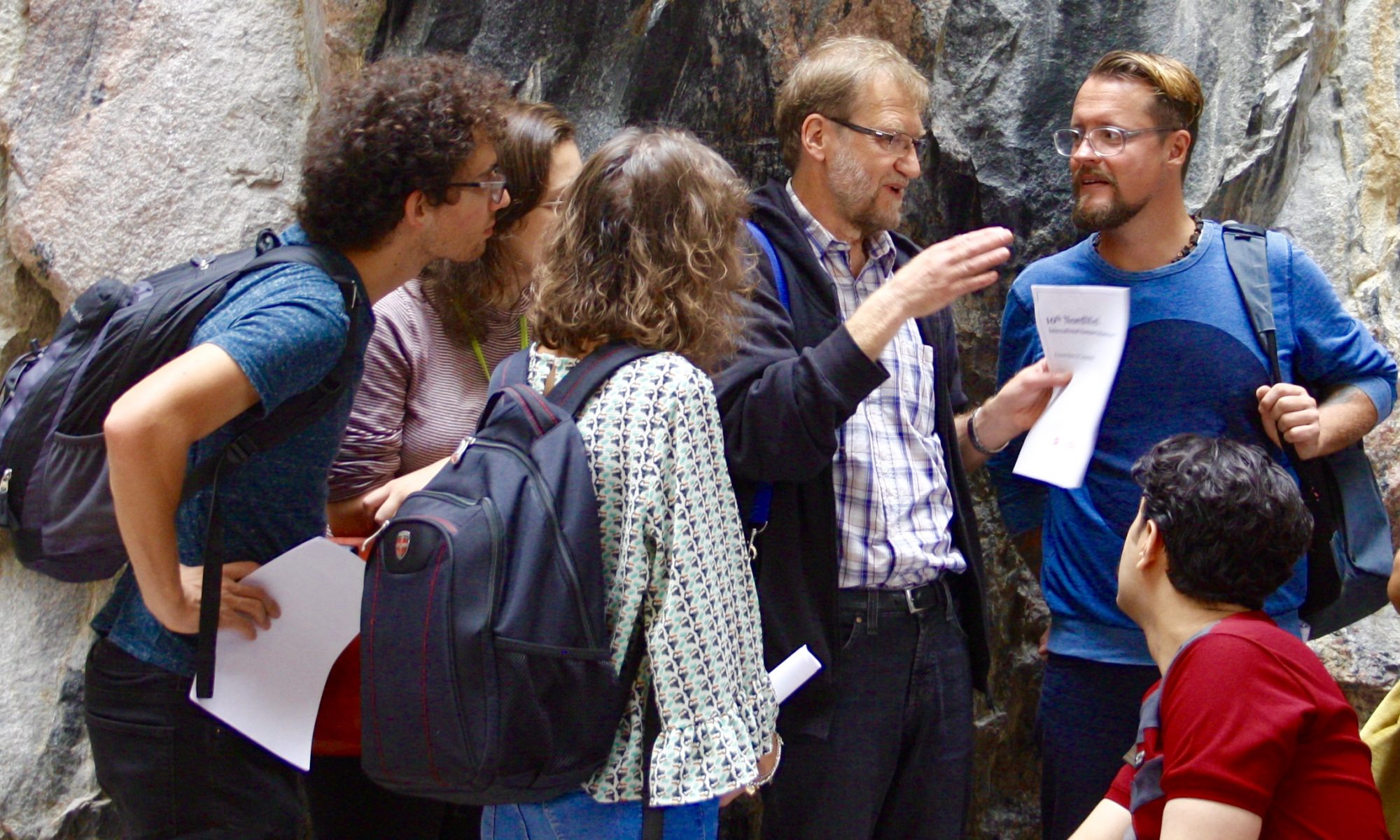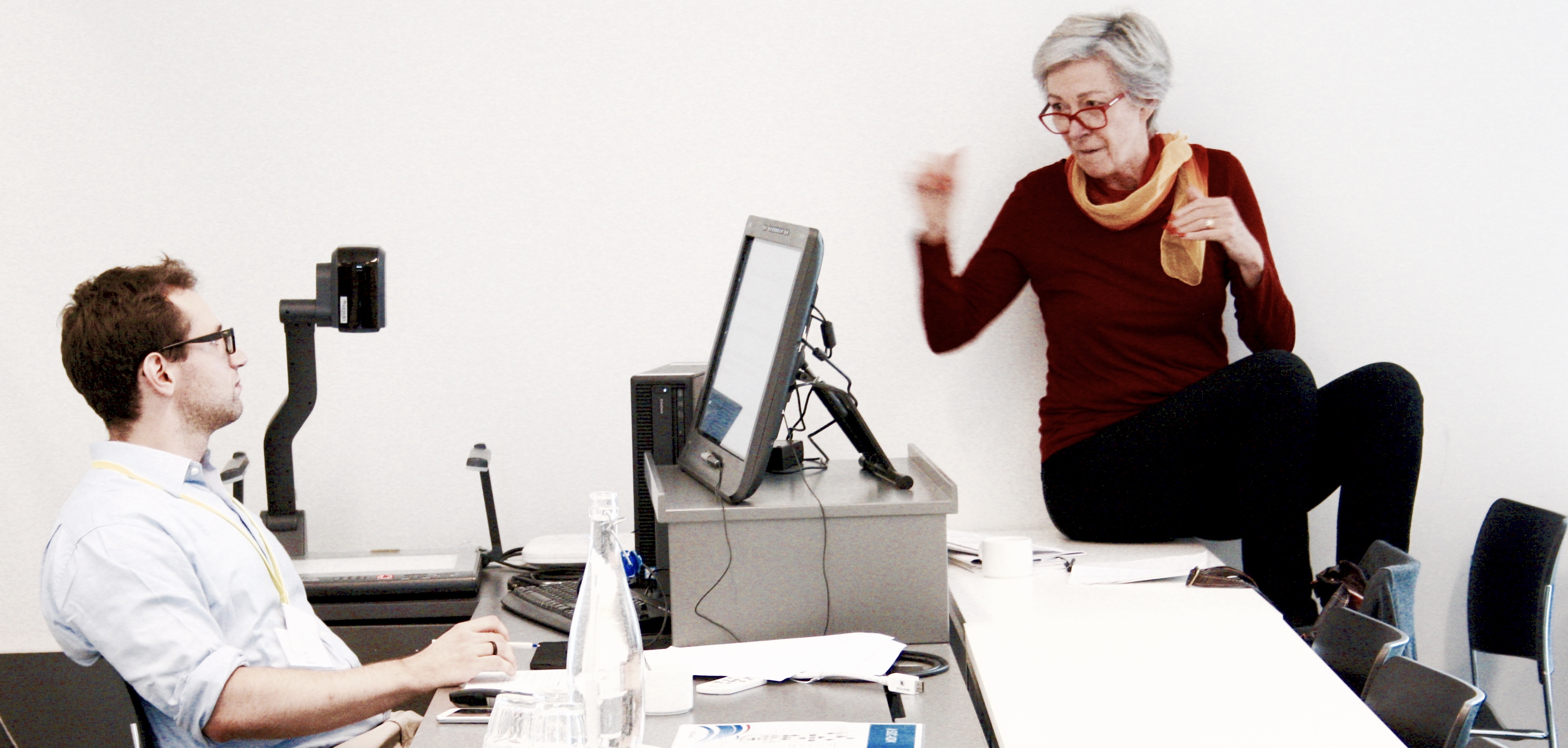The Nordic welfare state is a hallmark and concept that for decades have attracted international attention.
It is at the same time describing the systems of social security and service, the societal patterns and the normative value systems of the five Nordic countries Denmark, Finland, Iceland, Norway and Sweden.
Over the last decades it is widely recognised that the Nordic welfare state is challenged through the necessity of responding to major external transformations. However, the accounts of the role of the welfare state in these transformations are controversial. The welfare state is conceived of, on the one hand, as consisting of old national institutions which are likely to disappear in the face of the imperatives of global competition. On the other hand, it is seen as a sustainable model for a consensual response to the new challenges by means of social capital and trust. It is seen as a set of ethical principles and social innovations to be applied not only on the national level, but also in European integration and global governance.
NordWel will try to qualify this discussion. In the Centre the welfare state is understood as the locus of many intertwining changes. Researchers of the Centre attempt to reach beyond research settings in which “the Nordic model” would be seen merely as a target for new challenges or as a mode of responding to them. Instead, challenges and responses are conceived of as dynamics of change in the welfare states, which can be fruitfully examined by focusing on their multi-layered historicity. In the Centre the multi-layered historicity of the Nordic welfare state is studied firstly by investigating how different historical layers, developed in different periods of time and mediated through mentalities, traditions,values and epistemic practices, are present in the formal and informal rules and norms of the Nordic welfare states. Secondly, by conducting a cross-disciplinary discussion on how these historical experiences and institutions influence the ways in which the current transformations are conceived of and dealt with as political, economic and cultural challenges.

